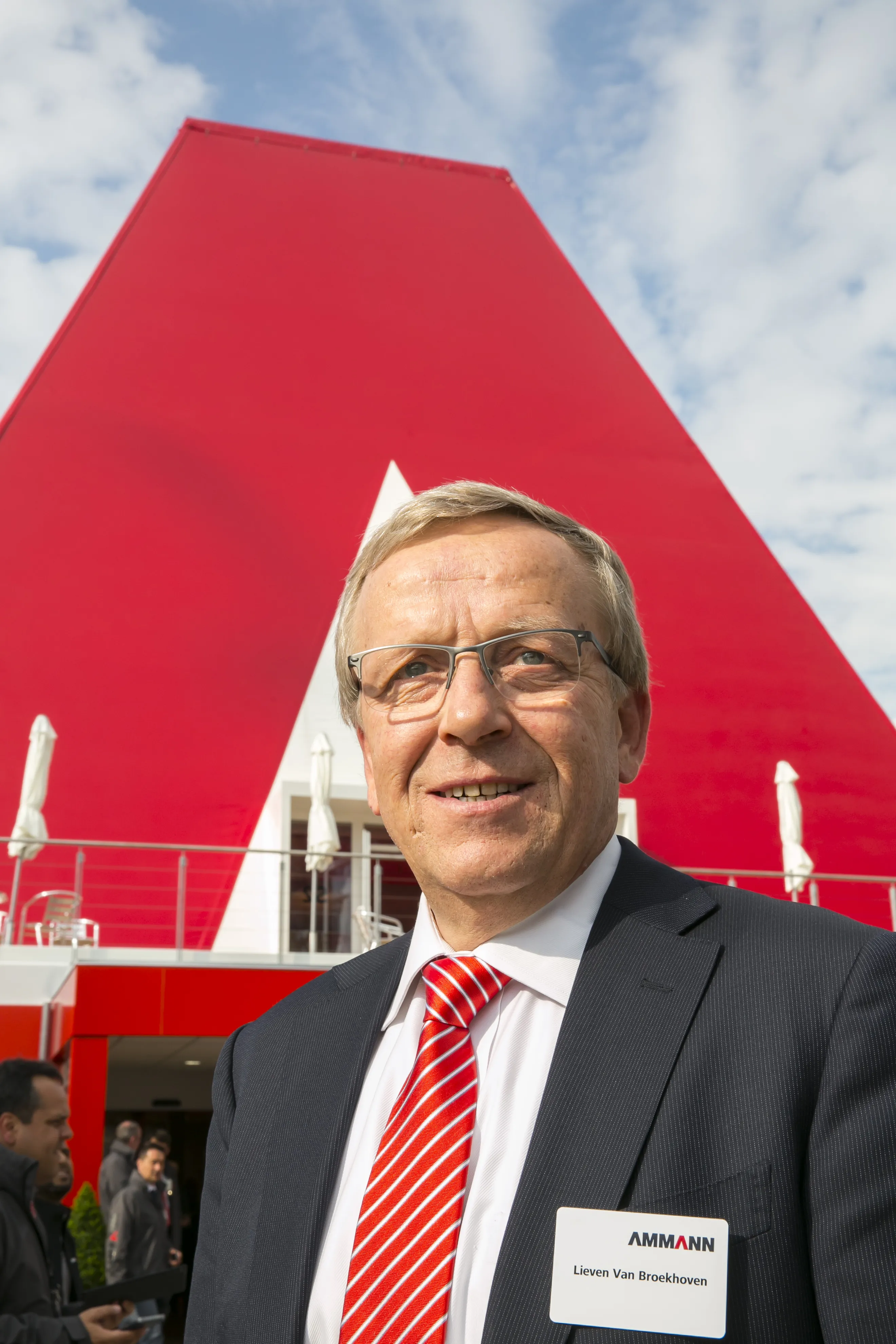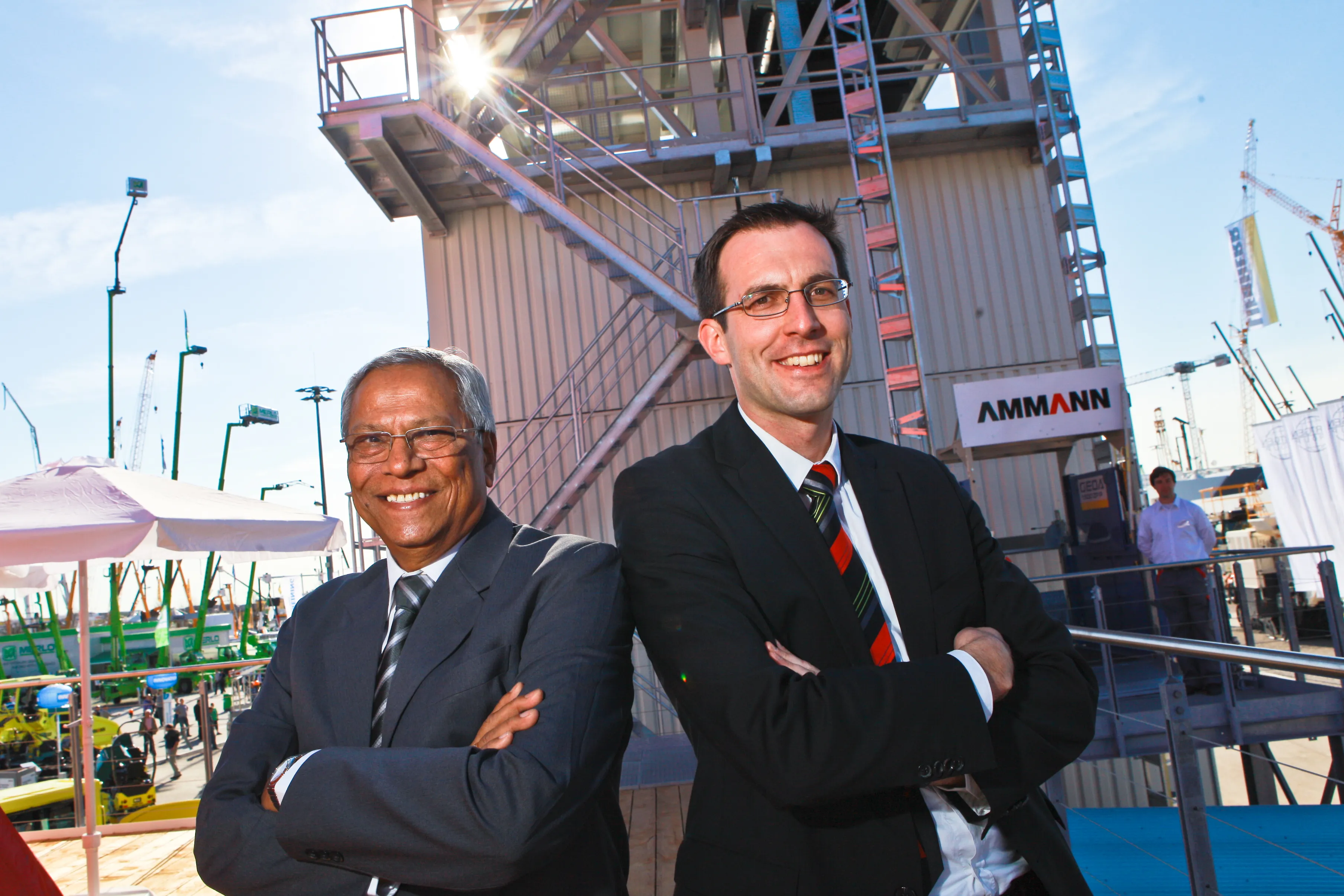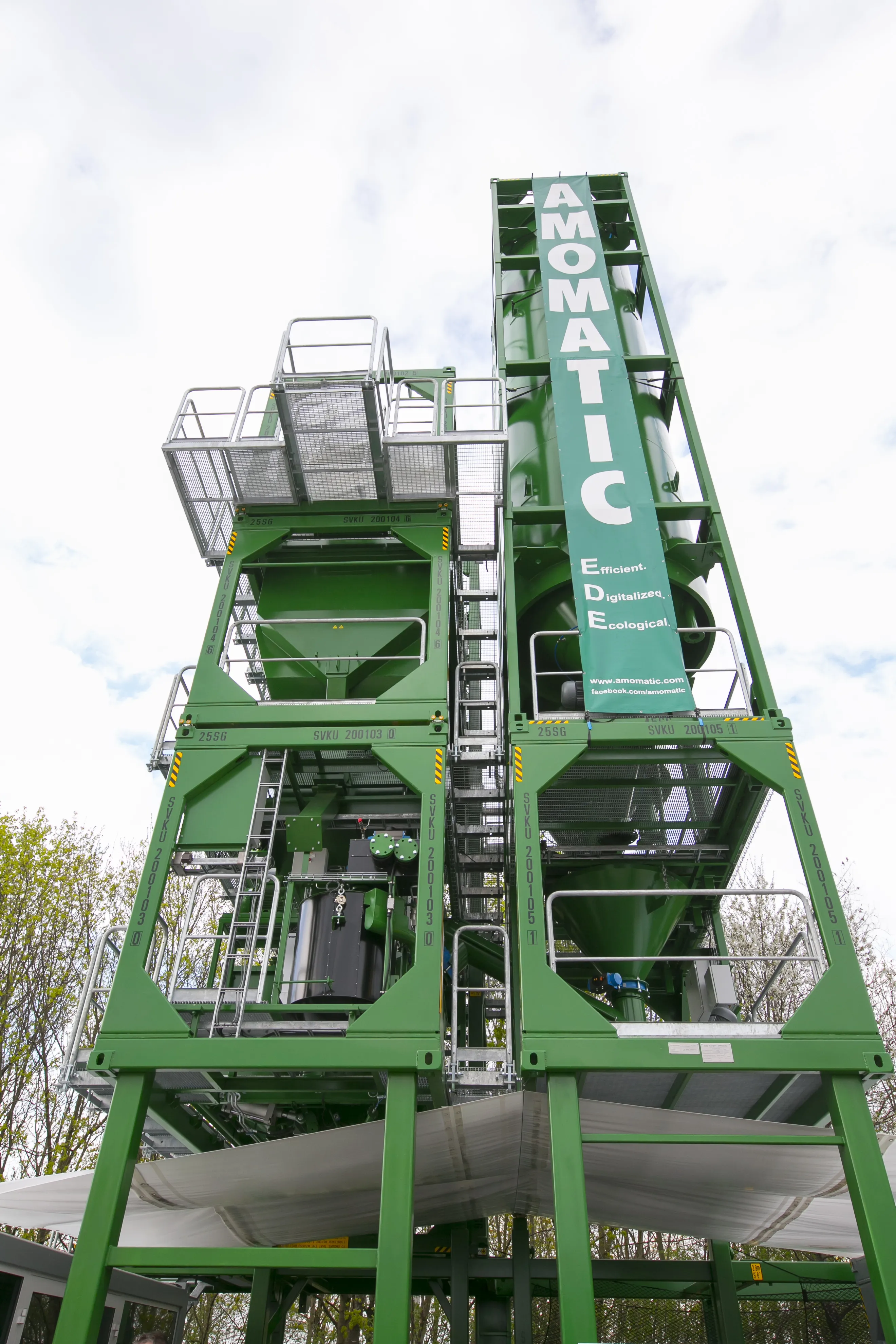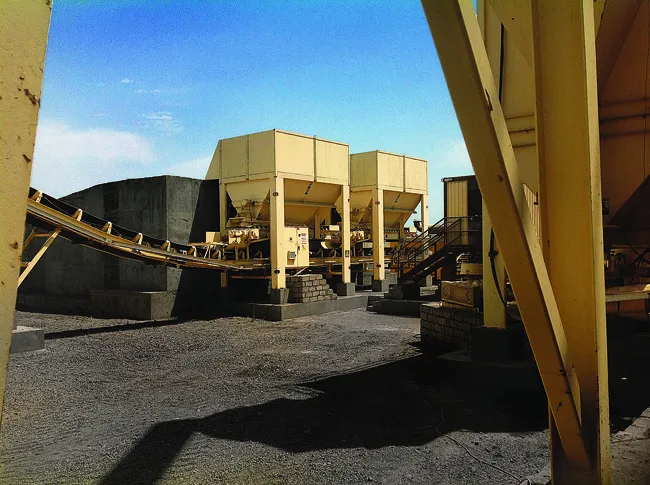
Recycling is undoubtedly a key issue for the asphalt sector, with recycled asphalt pavement (RAP) now considered a valuable commodity in some markets.
Swiss-based
Lieven van Broekhoven is executive vice president of sales & marketing at Ammann and he said that there is a growing demand for solutions for asphalt recycling in some markets around the world. “There’s now interest in Singapore, Australia, the USA, Canada and Europe.”
A number of emerging markets are also showing interest and he continued, “There’s some in the Middle East also but it’s limited. China is growing its interest in recycling and India is also.”
Of the emerging markets, the move towards using RAP is particularly strong in China following a decision by the government to begin using the material in road construction. He said that in China, “the message from the top is trickling down. There is talk at local political levels and there is a large movement towards recycling now”.
However, there is a need to disperse knowledge of the technical issues surrounding the use of RAP, particularly with a view to quality. “We have Ammann Asphalt Forums where we present the latest news in asphalt mixing globally and we have a lot of questions from local government.” He said that this move is key to the future and while it hasn’t resulted in actual orders yet, “…it will come”.
As a concept, asphalt recycling is well established and van Broekhoven said, “For the leading players in the asphalt plant sector it’s in the portfolio now while the smaller players are also developing their solutions.”
But he warned that there is a key issue that has yet to be fully addressed by the manufacturers. He said, “The biggest challenge is not to develop the technology, but to make it work in the field.”
He explained that need for careful separation of different grades of feed material is not widely understood and commented, “The key is the control of the quality of the material you feed in.”
He continued, “Certain contractors do a good job of separating the recycled feed materials, but lot of people underestimate this. Some contractors do this job very well and go to great lengths to analyse the RAP they get and separate it properly. They also have the necessary feeder bins and software to ensure proper control of the mix quality.”
But he added, “Then you have others who say anything goes and assume you can use any type of recycled feed. That’s the challenge we have in educating the industry and our governments on what can be achieved and what can be done with asphalt recycling.”
Wasting RAP does not make economic sense and he said, “There is a lot of material that is recyclable and I call it black gold. There are a lot of people looking at it and asking what to do with it and I believe what the industry is looking for education. We have customers around the world who’re telling they get RAP for free. People have huge stockpiles and don’t know what to do with it and tell our customers just to come and pick it up.”
However he emphasised that recycling has to be carried out properly to ensure that the results will be of good quality, “It goes back to understanding what’s the best way of doing it. Quality control is key.”








